Hyundai Ioniq 5, Ford electric trucks, Jeep plug-in hybrid deal, EV tax credit: The Week in Reverse
Which automaker might not be allowed to sell its EVs in the state where they’re produced?
Which upcoming electric vehicle has reached a claimed 200,000 hand-raisers?
This is our look back at the Week In Reverse—right here at Green Car Reports—for the week ending May 28, 2021.
The 2022 Hyundai Ioniq 5 EV got its official U.S.-spec debut this week, and with up to 300 miles of range, bi-directional charging tech, and a style like no other, it’s poised to be a hit—if Hyundai sells enough to meet demand, that is. We also got some up-close time with the Ioniq 5 and found it looks as fantastic as the photos suggest. Hyundai also said that it’s planning to offer the Ioniq 5 through a subscription plan aimed at giving EV intenders the chance to try before they buy, and we looked at 10 reasons this EV is looking irresistible.
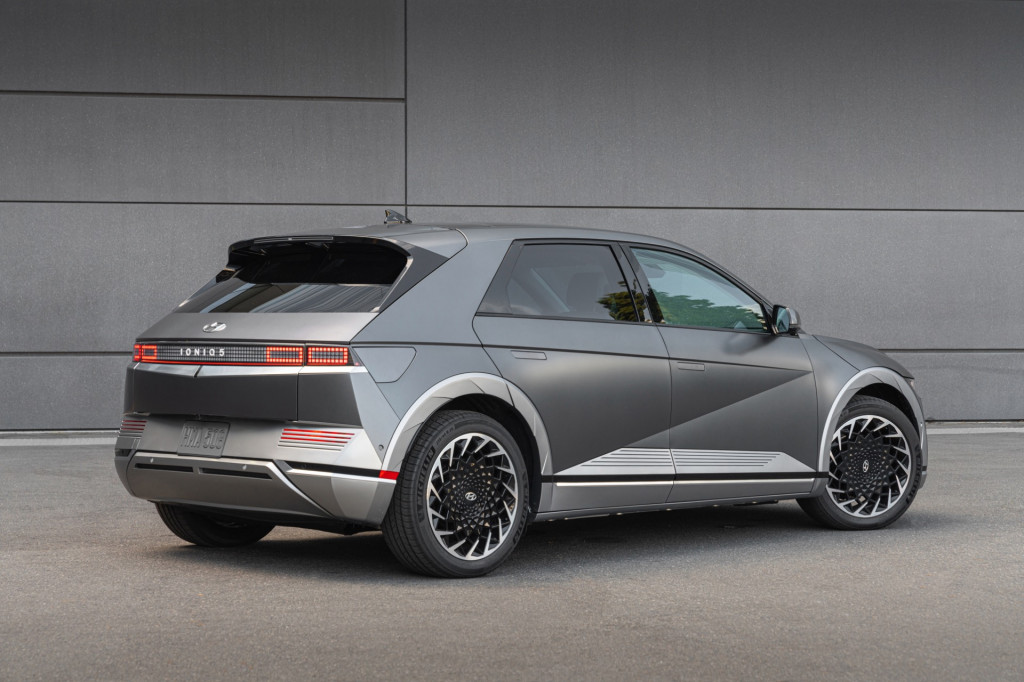
2022 Hyundai Ioniq 5
Tesla’s direct sales model has never gone over well in Texas. And it seems that the Texas legislature doesn’t consider Tesla’s mammoth investment in its Austin plant to be any reason to reconsider—leaving Tesla to make some embarrassing workarounds. Meanwhile, U.S. safety agencies are baliking over how Tesla is making its transition to its next-generation “Tesla Vision” system, as it temporarily disables some key safety features. Updates were rolling out to cars Friday though and the story is of course rapidly evolving.
At the start of the week, Ford said more about its F-150 Lightning Pro electric work truck. This version of the Lightning will start at $39,974 with the standard-range pack or $49,974 in extended-range (300-mile) form.
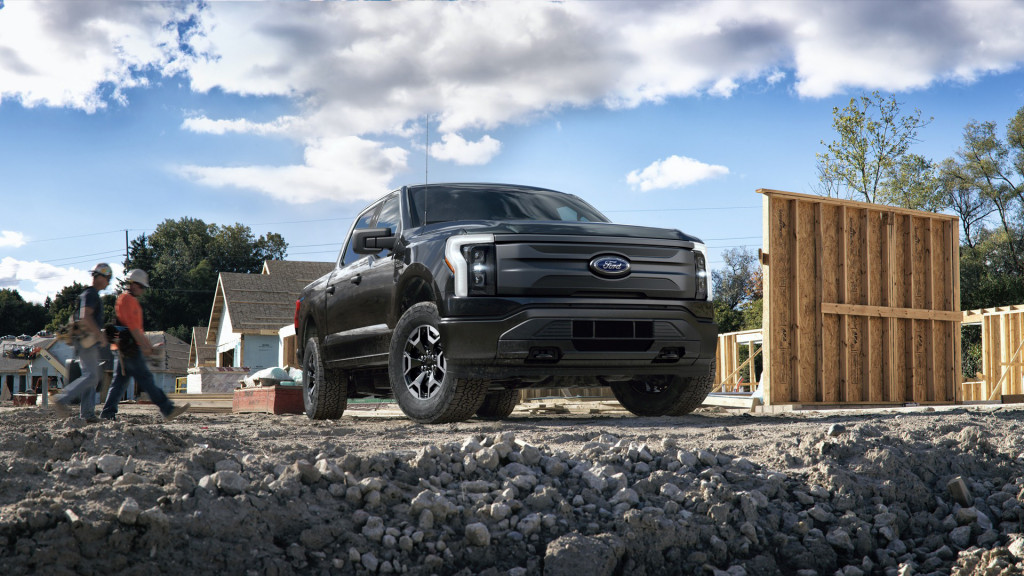
2022 Ford F-150 Lightning Pro
Ford also this week revealed that it plans to create a whole lineup of electric vehicles—including an electric Ford Explorer, Lincoln models, and potentially several other new electric trucks—based on two new EV platforms to be used starting around the middle of the decade.
Lordstown Motors CEO Steve Burns pointed to the F-150 Lightning Pro as validating some of the choices it’s made in its own work-focused Endurance electric truck—although that might not include its in-wheel hub motors.
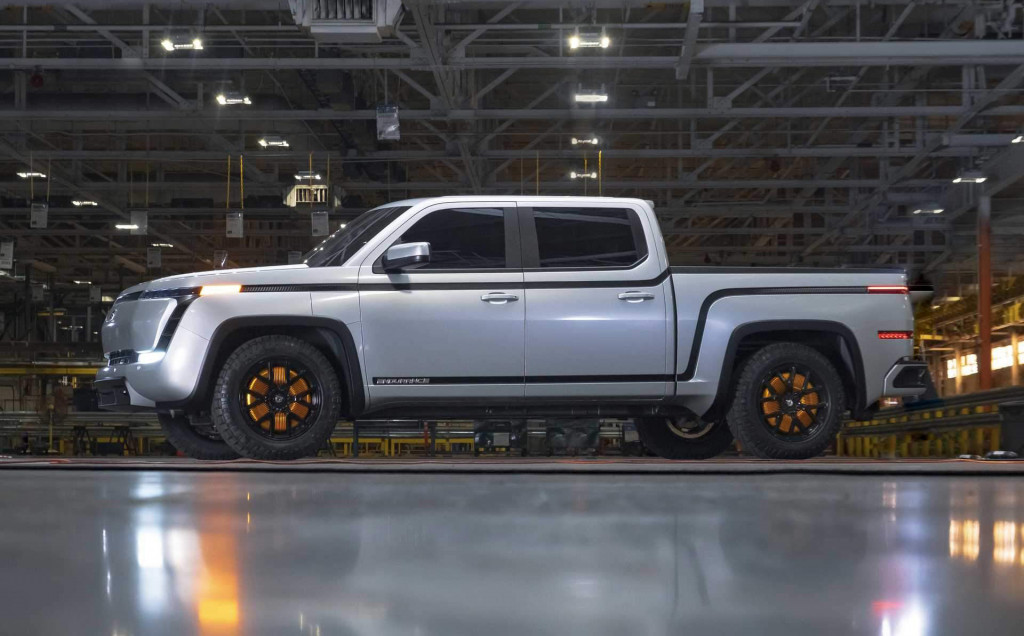
Lordstown Endurance
The 2021 Jeep Wrangler 4xe plug-in hybrid is being offered for a bargain lease price of $249 a month—far less than the Toyota RAV4 Prime that officially costs about $10,000 less. Credit the 42-mile RAV4 Prime’s short supply and high demand along with, perhaps, Jeep parent Stellantis wanting to move more plug-ins.
Lexus announced that it plans to introduce its first mass-market plug-in hybrid model in the U.S. later this year, with a battery electric model due next year. This follows many years of marketing suggesting plugging in to be a disadvantage, so we’re curious what the angle will be.
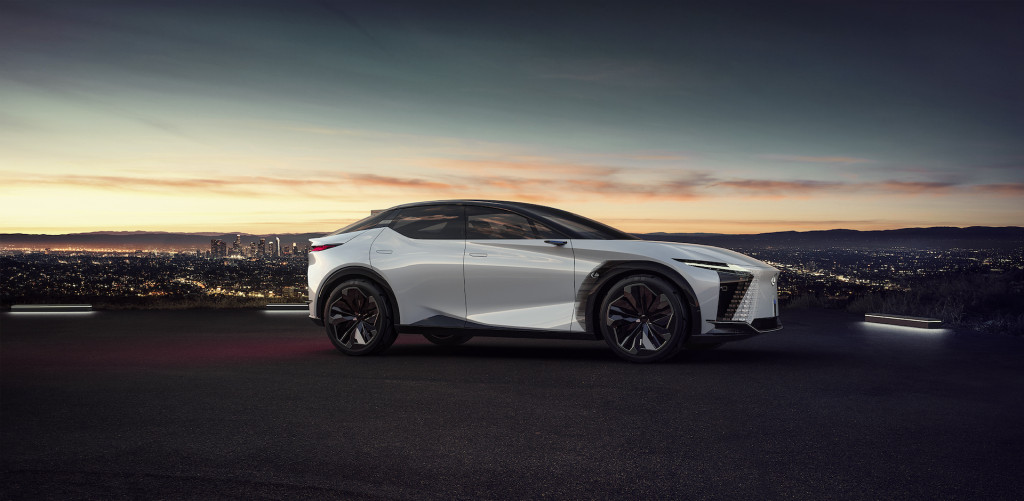
Lexus LF-Z Electrified concept
Lucid provided more detail about the interface and user experience in its Air electric car—most notably the idea that while it does have big touchscreen systems, it keeps tactile controls in focus.
Nissan revealed, via a fiscal-year update, that it has a combined 200,000 global hand-raisers for the Ariya electric SUV. In the financial document it also revealed several other pieces of news, including an electric kei car and a third-generation version of its e-Power hybrid system—still missing from the U.S. market in its second-generation version—by the middle of the decade.
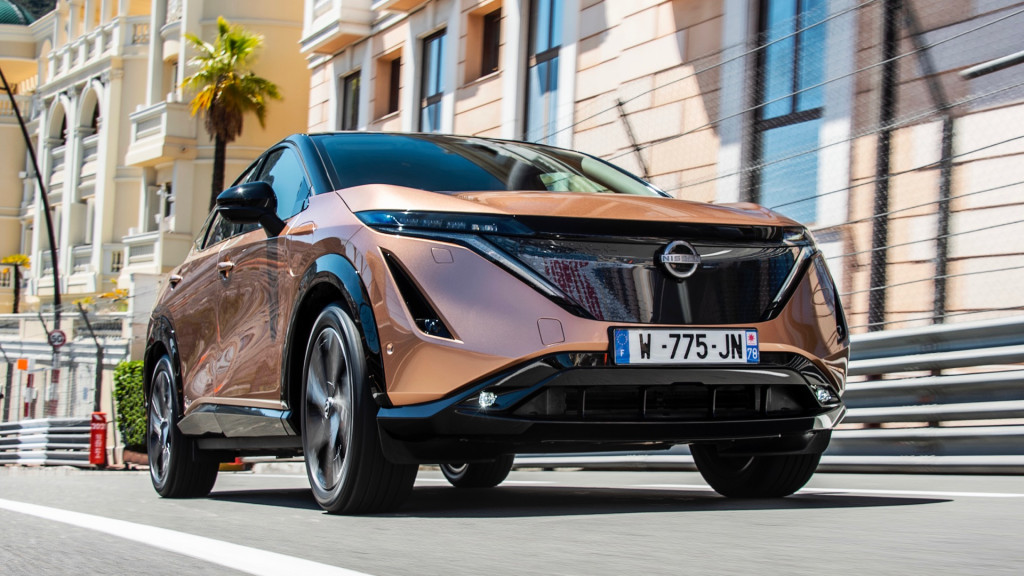
Nissan Ariya prototype in Monaco
Special Pirelli P-Zero sustainable performance tires are due to be included in the 2022 BMW X5 plug-in hybrid; they include natural rubber and wood-based nylon.
Those needing wheelchair accessibility now have a manufacturer-endorsed, high-mileage option. BraunAbility has unveiled a wheelchair-accessible conversion that starts with the 36-mpg Toyota Sienna hybrid minivan. The vehicle was co-developed with Toyota.
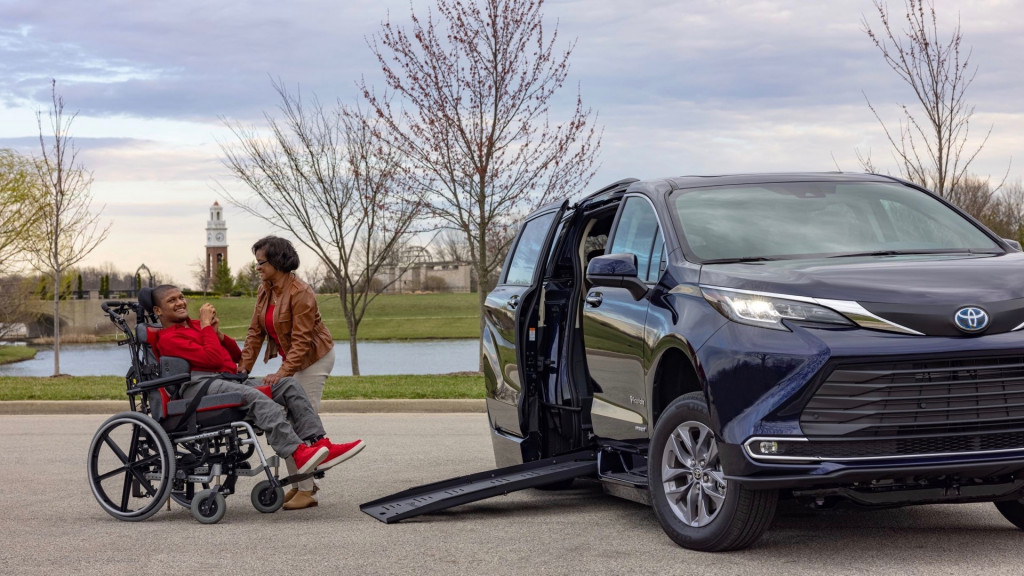
BraunAbility 2021 Toyota Sienna wheelchair conversion
An International Energy Agency (IEA) report looks at two scenarios for U.S. EV adoption over this decade and suggests that canceling out the impact of human activity will require 60% EVs by 2030.
California continues to ramp up its efforts to boost the number of EVs in the state. It approved its EV mandate for Uber and Lyft, as well as other large ride-hailing or car-sharing operations. It will push them to come up with some creative ways of encouraging EV trips. The state’s Air Resources Board (CARB) is also proposing battery degradation limits for EVs, starting with its next-generation clean car rules due to start with the 2026 model year.
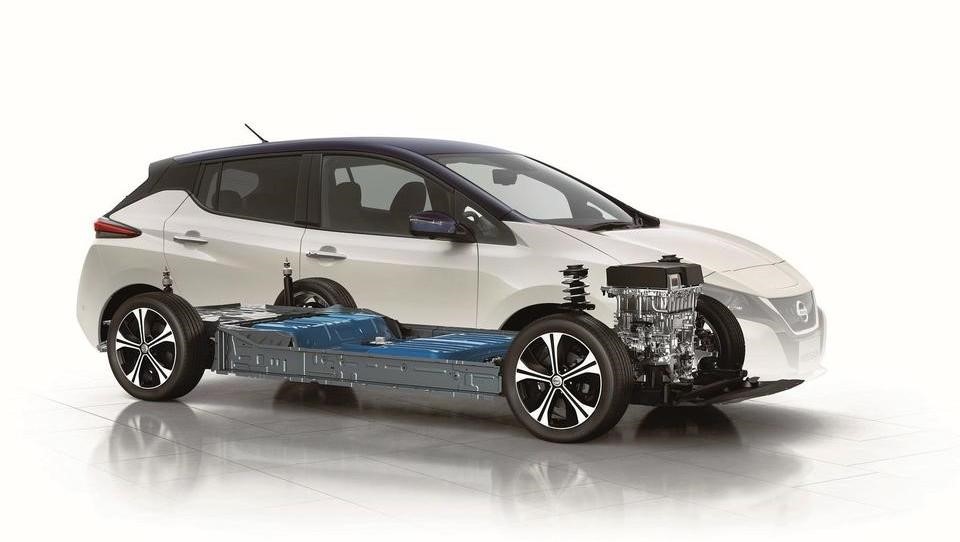
2017 Nissan Leaf showing battery pack (Source: Nissan)
And the EV tax credit has a good chance of being expanded with legislation currently advancing in the Senate. Would adding provisions for U.S.-made and union-made—up to a total of $12,500 per vehicle—pay it back to the American economy?
_______________________________________

